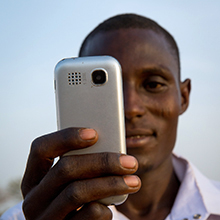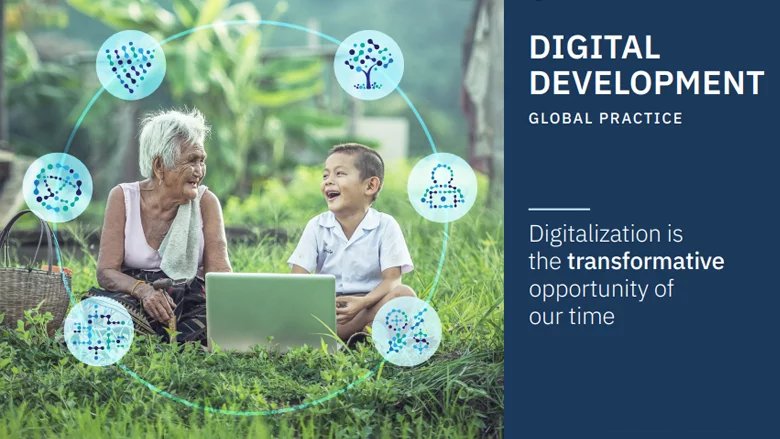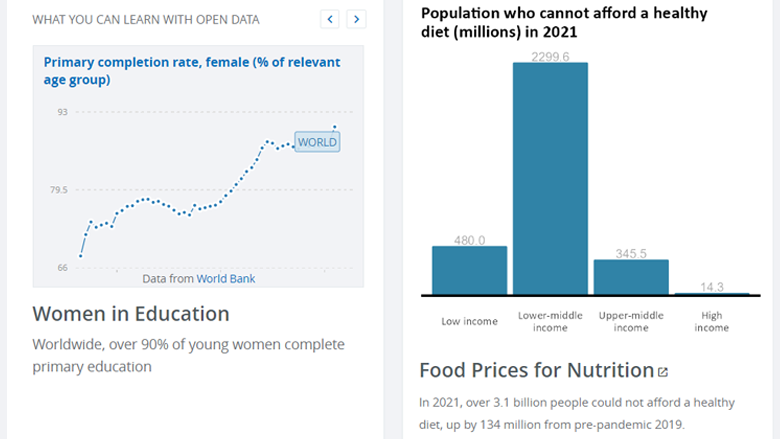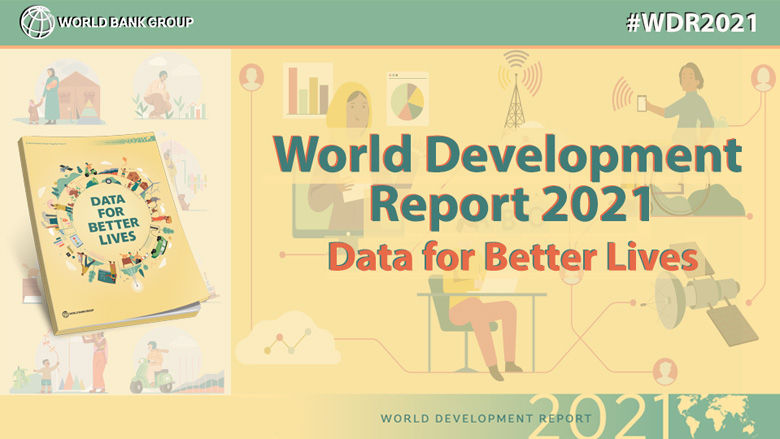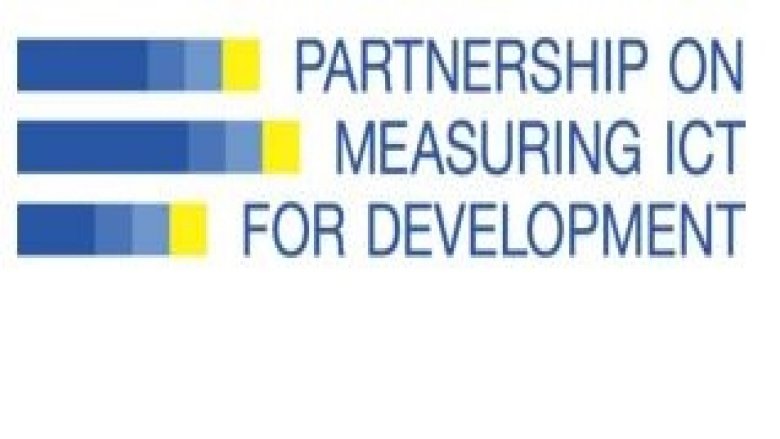Digitalization is the transformational opportunity of our time. The critical services that support development—like hospitals, schools, energy, and agriculture—all run on connectivity and data. The infrastructure and platforms that underpin these connections must be available, affordable, and safe for developing countries to flourish.
Artificial intelligence and the data revolution are accelerating digital capabilities for many, but accentuating the divide as poor countries fall further behind. Without access to the internet and the skills to use digital technologies effectively, billions are locked out of the modern world.
About one-third of the global population, or 2.6 billion people, remained offline in 2023. While more than 90 percent of people in high-income countries used the internet in 2022, only one in four in low-income countries used the internet. 850 million people lack any form of identification. The global community needs to do more to help developing nations catch up, accelerate digital adoption, and ensure that everyone can reap the benefits.
At the same time, fulfilling the promise of digital requires balancing risks and opportunities. As the world goes digital, safeguards are crucial to promote trust. Data protection, cybersecurity laws, and solid institutions must be in place to develop and enable strong interconnected digital systems that can verify identities, quickly and safely transfer payments, and responsibly exchange data.
The Digital Development Global Practice works with governments in developing countries to build the foundations for digital transformation, including their transition to digital economies, governments, and societies.
Our work focuses on key pillars, including inclusive access to fast, reliable, safe, and affordable internet. Across the World Bank, we seek to stimulate demand for digital applications, digital skills, and digital platforms to support governments, business, and individuals to participate more fully in the digital economy.
What will it take for countries to reap the benefits of digitalization, and participate fully in the global digital economy?
- Closing the global digital divide: Even as new technologies spread rapidly around the world, billions of people have still never used the internet.
- Preparing for the jobs of tomorrow: Innovation is radically changing the nature of work: new jobs are emerging, others are evolving. To compete in the digital economy, countries will need to prioritize education and build the digital skills of their workforce while creating efficient safety nets to support those transitions.
- Developing secure, reliable digital systems: As the world is going digital, strengthening capacity in areas like cybersecurity and personal data protection has become more important than ever.
- More financing to bring everybody online: Achieving universal access to broadband will require over US$400 billion by 2030 and neither the public nor the private sector can do this alone. Governments need to make bold reforms and the private sector can reduce costs, risks, and increase efficiency and innovation.
Last Updated: Apr 04, 2024


